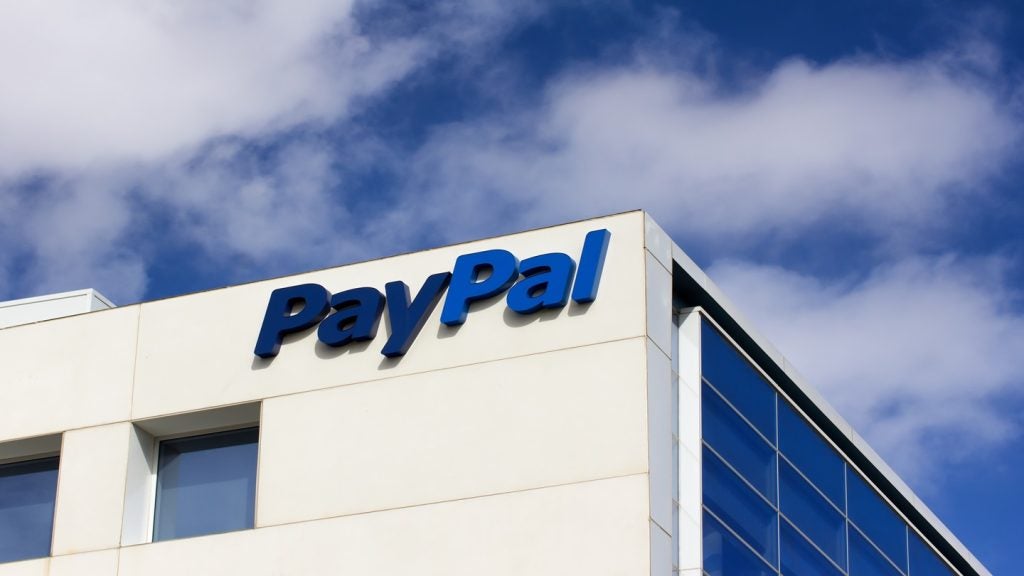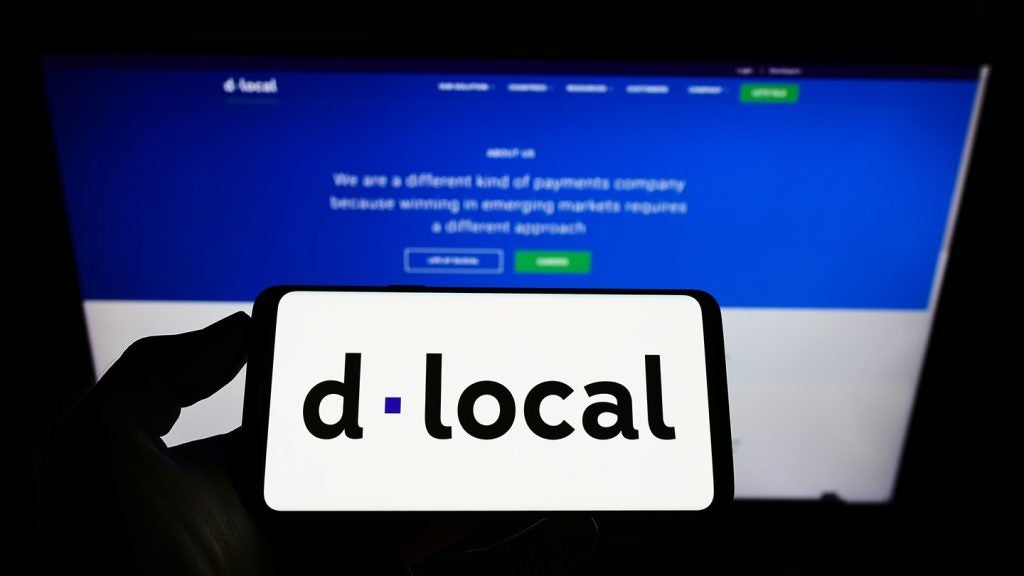debit card market, the u-turn of the Belgian banks over switching
to Maestro, and speculation about new independent bank-controlled
debit schemes, a recent announcement is set to impact on the sector
even further and will cause Visa and MasterCard to ponder whether
their schemes are now set to face serious competition.
At the Cards and Payments Europe conference, held in Berlin by
VRL KnowledgeBank at the end of May, the Euro Alliance of Payment
Schemes (EAPS) announced that in the second half of 2007 it could
be setting up a not-for-profit company to be headquartered in
Brussels, Belgium. EAPS was established in 2006 to explore the
possibility of linking national European debit card schemes to form
a pan-European network following the introduction of the Single
Euro Payments Area (SEPA) in 2008. Such a network would be a
formidable rival to Visa and MasterCard in Europe should the plan
come to fruition.
Founding members
EAPS’s founding members are Germany’s electronic cash scheme,
Spain’s EURO 6000, Portugal’s Multibanco, the UK’s Link network,
Italy’s PagoBancomat and Bancomat schemes, and European card
payment processor Eufiserv. Together they represent more than 228
million European payment cards, over 2 million POS terminals and
200,000 ATMs. EAPS is working to enable cards of participating
schemes to be accepted at the ATMs and POS terminals of all other
participating schemes.
So far, member banks of Portugal’s Multibanco scheme have signed
up to participate in the network when it is launched on 1 January
2008, and EAPS said that the decisions of other consortium members
are expected by the end of June 2007. EAPS is inviting every
European debit card scheme that meets the requirements of the SEPA
Cards Framework to participate in the alliance, and says that
discussions are under way with a number of payment schemes and
banks.
Bilateral pilot testing projects for processing transactions
have been established between some national schemes, and EAPS said
that additional pilots between other participants will follow by
the end of 2007. From January 2008, these pilots will be migrated
fully into EAPS.
How well do you really know your competitors?
Access the most comprehensive Company Profiles on the market, powered by GlobalData. Save hours of research. Gain competitive edge.

Thank you!
Your download email will arrive shortly
Not ready to buy yet? Download a free sample
We are confident about the unique quality of our Company Profiles. However, we want you to make the most beneficial decision for your business, so we offer a free sample that you can download by submitting the below form
By GlobalDataAt the Cards and Payment Europe conference, Oliver Hommel,
project co-ordinator for EAPS, told CI that the alliance would
enable national schemes and banks to become SEPA-compliant – no
small feat, considering that SEPA’s implementation is a little over
six months away. Hommel said that the financing of EAPS would be
via participation fees paid quarterly in advance, with fees being
based on share of cards or terminals. Fees are based on the
principle that EAPS will recover only operational costs, and will
not spend funds on marketing the brand or participating in
sponsorships.
Interscheme fees
Instead of interchange fees, the alliance would implement POS
interscheme fees which would be agreed bilaterally by participating
issuing and acquiring schemes. Schemes would be able to participate
even if their internal fee structure differed significantly from
established guidelines of an average POS purchase fee of €0.27
($0.36) and an ATM withdrawal fee of €1.15. For example, the costs
of card transactions in the Netherlands are markedly lower than in
neighbouring European countries, but this technically would not
prevent participation in the alliance, although it remains to be
seen how price differences between participating schemes will be
distributed.
Earlier in May, EAPS was reported as being considered as the
basis of a new debit card scheme to be established by a group of
European banks.








